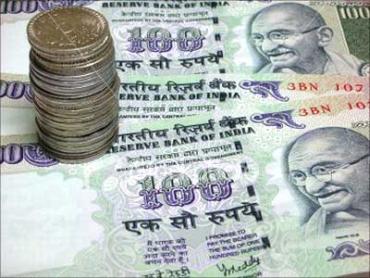
Most of us are relieved with the financial year coming to a close. We have managed to complete our obligatory Rs 1 lakh investments in tax-saving instruments to save tax under Section 80C.
Interestinly, many taxpayers make their investments in the month of January. Why January you ask?
Well that was the month when the company wanted the investment proof. Wrong timing one might say. When you ask them why you didn't invest earlier they say they were waiting from August for the markets to fall but that didn't happen.
There are some who have the capacity to invest now but they say markets might dip further and this may not be the right time to invest.
So when does one invest?
Well the answer is a simple one. No one can time the market. One of the best ways to beat the market is through SIP (Systematic investment plan]. It's based on a simple rupee averaging principle. When the price is high you get less number of units when the price is low you get more number of units.
Presha Investments guides budding investors understand the complex financial details of various investment instruments.

Because ELSS:
1. Generates highest returns as compared to other investing avenues
2. Provides a lock in period of three years which is the minimum for any tax saving avenue.
3. Can also be seen as a way to long-term investing in equity markets.
4. With India growth story unfolding and fundamentals looking intact, we are of the opinion that equities would continue to outperform other investing avenues for at least next five years in spite of the recent downfall. Investing in ELSS provides dual benefit of capitalising on superior returns as well as tax saving.
.

The basic risk with ELSS scheme is that since it has a considerable equity exposure, the returns are linked to market returns and hence there is no guarantee of returns and even capital.
However, we feel that this is more of a precautionary statement and needs to be reviewed in a broader sense.
If we choose an ELSS scheme which has delivered excellent performance in past years and has a track record of consistent results, the chance of investors losing out would be relatively less.